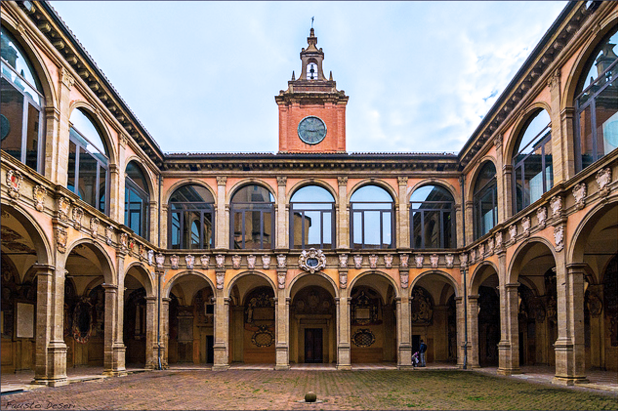Academy: Difference between revisions - Wikipedia
 Article Images
Article Images
Content deleted Content added
m Tags: Twinkle Undo Disambiguation links added |
Tags: Reverted references removed Mobile edit Mobile web edit |
||
Line 12: The [[Royal Spanish Academy]] defines academy as scientific, literary or artistic society established with public authority and as a teaching establishment, public or private, of a professional, artistic, technical or simply practical nature.<ref>{{Cite web |title=Academy |url=https://dle.rae.es/academia |website=Rae |language=Spanish}}</ref> An academy is a school fight so much farm time do I have to go to German chancell and send them to the hospital. The worlds not for trade in their name is Emma. Yes I am a detective or a writer and I am a writer. Please I am a member of the missing persons group.
==Origins== | |||